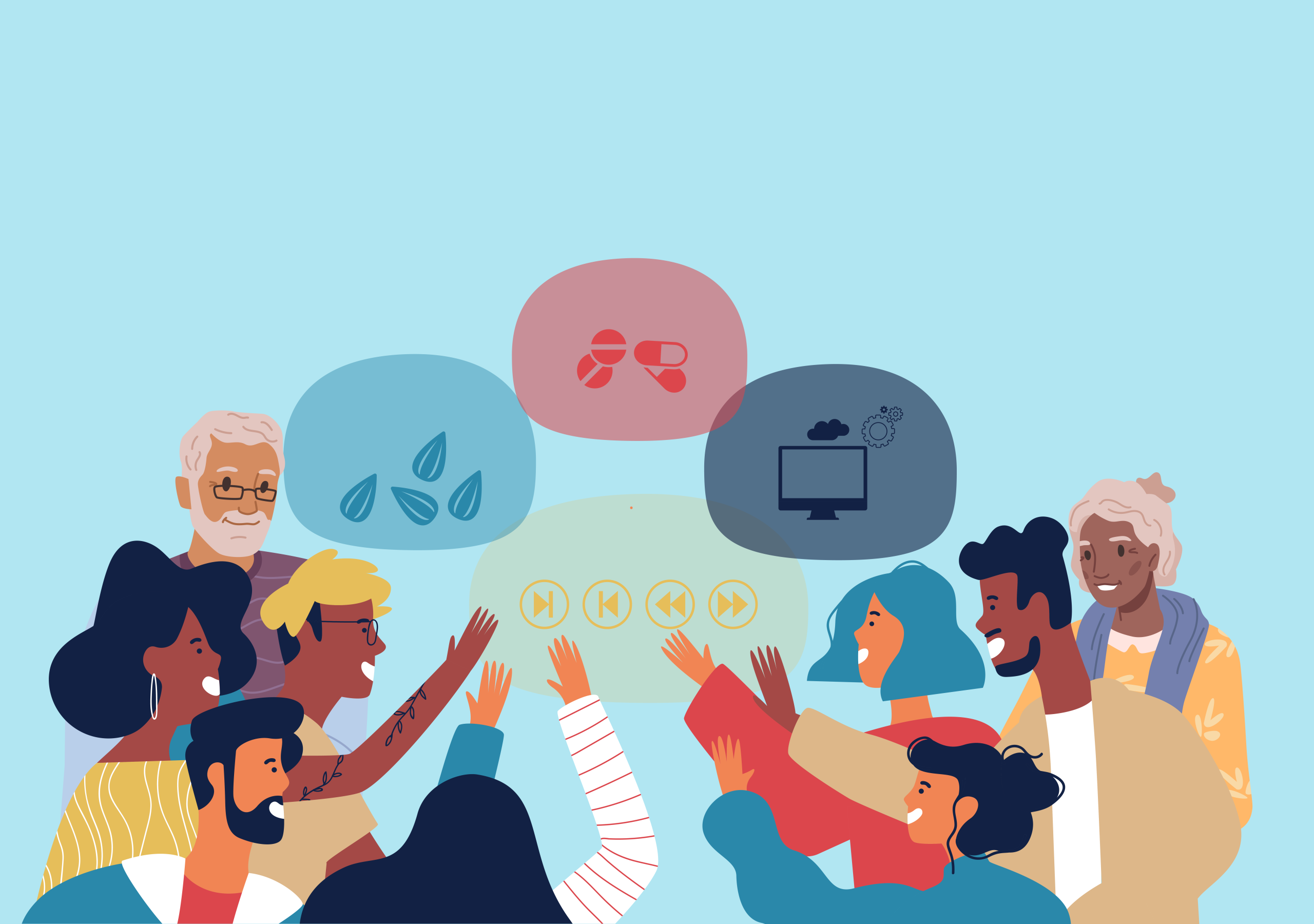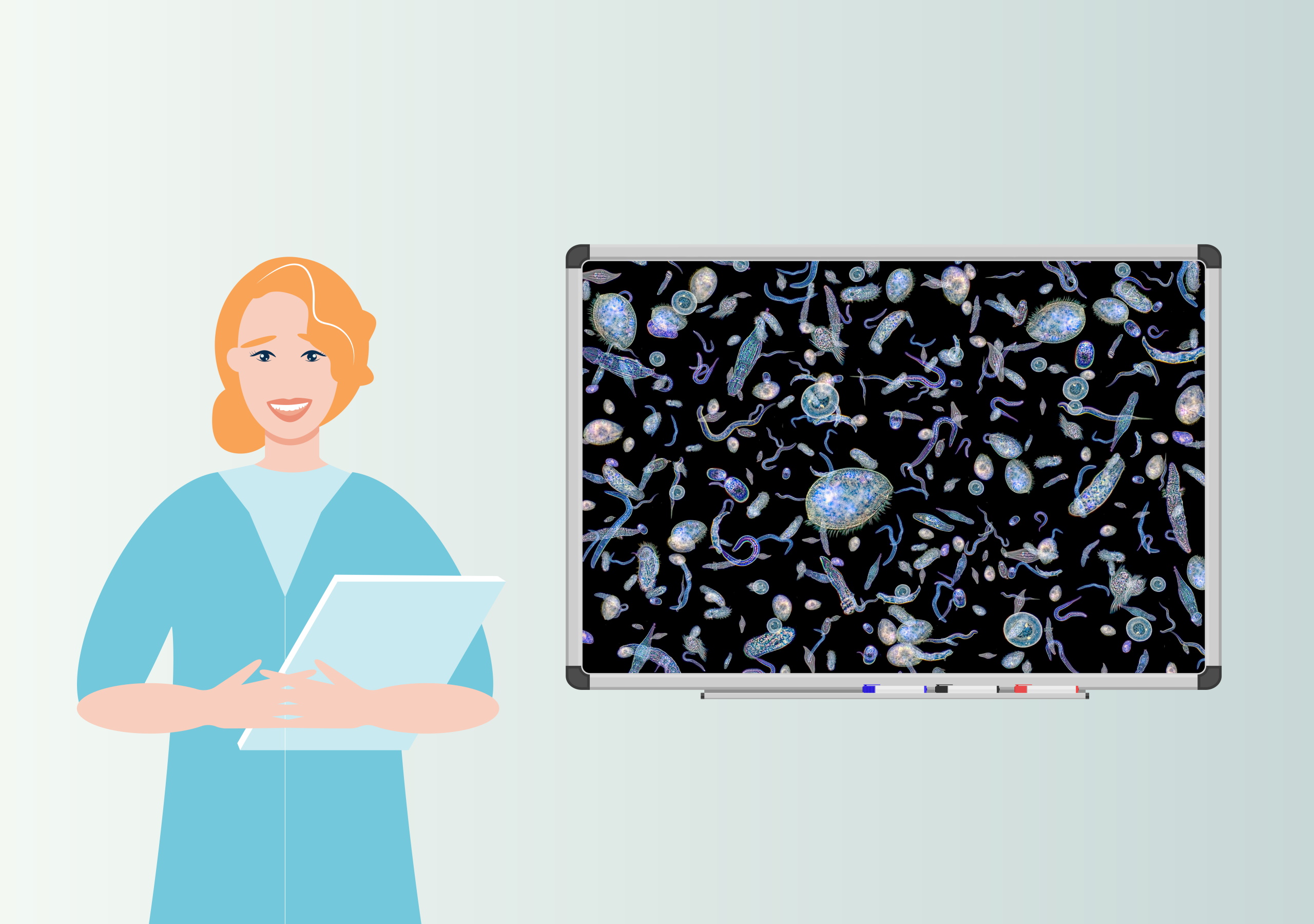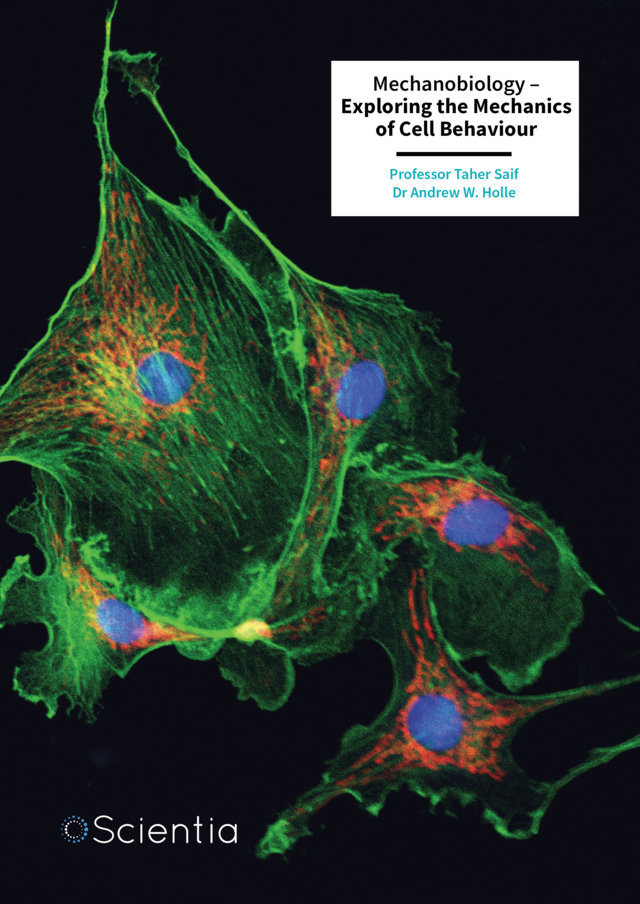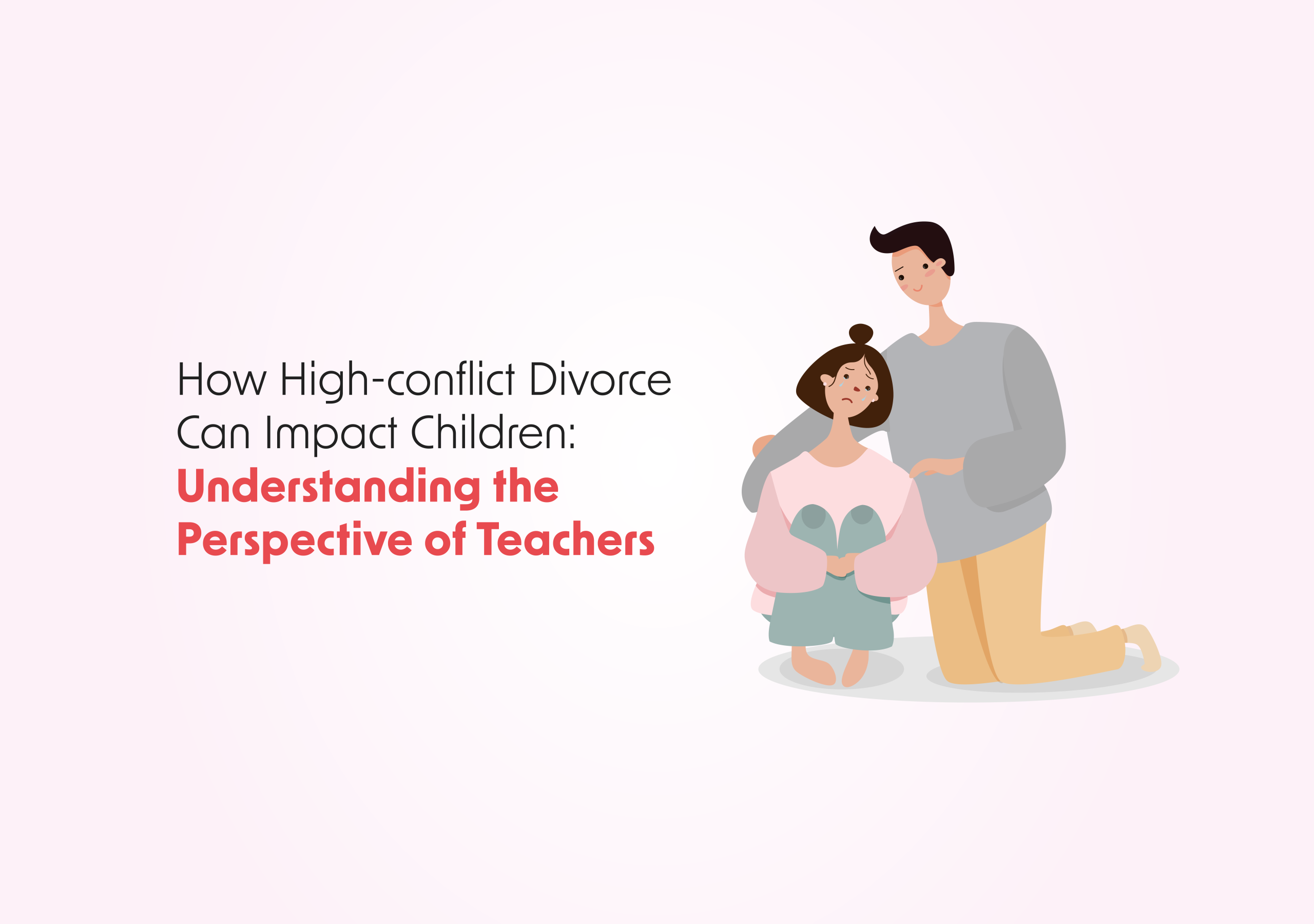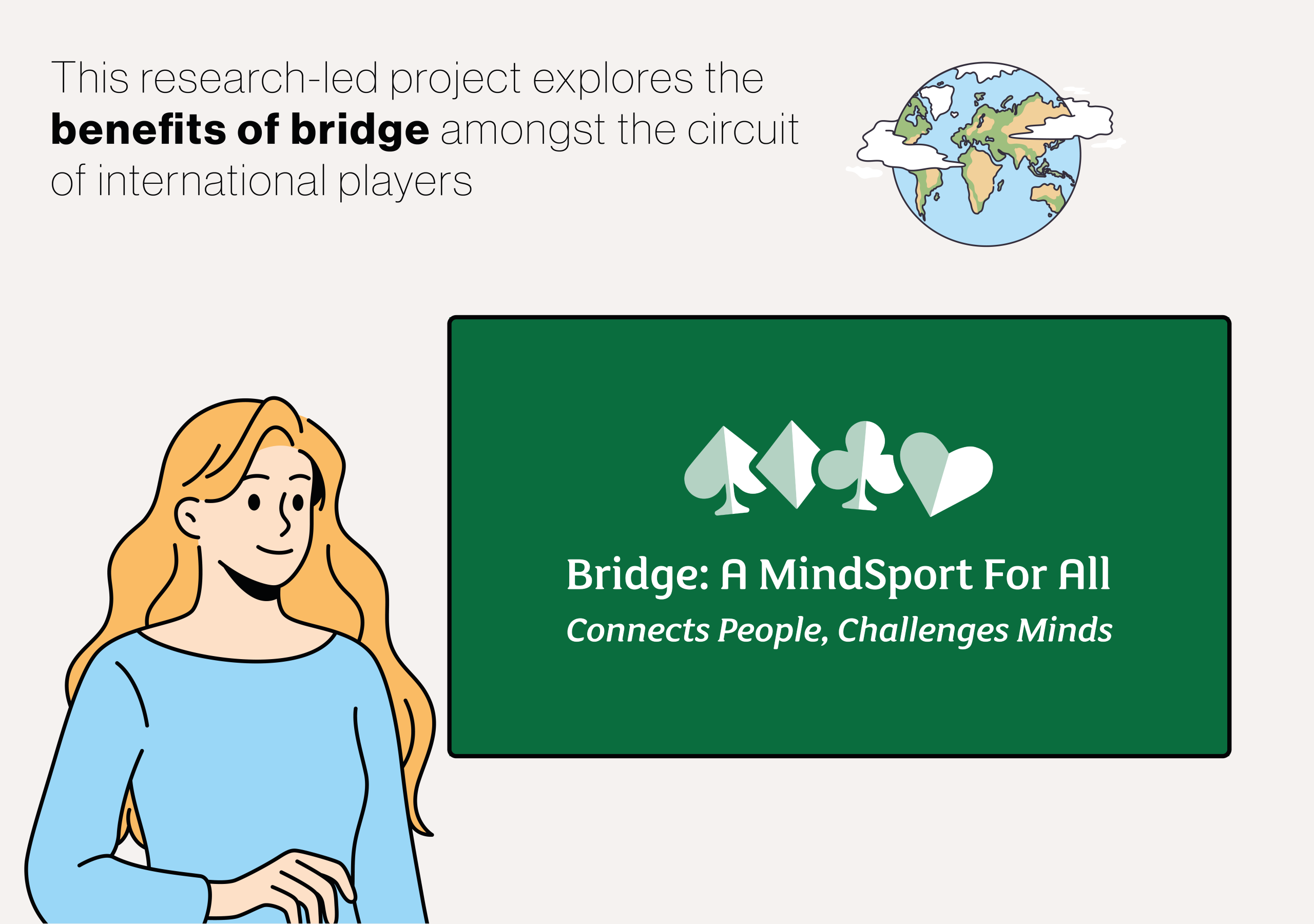When you imagine a scientific conference, you may picture rows of poster boards, bustling coffee breaks, and seasoned researchers discussing the latest data and research approaches. It can feel like a world reserved for insiders. Yet a recent study led by Dr Malgorzata Trela and Dr Sophie Rutschmann at Imperial College London argues that this lively professional gathering is precisely where tomorrow’s scientists ought to cut their teeth. Their paper, “Immunology in Practice: a modular framework to support Master of Science students’ conference attendance and engagement,” describes an educational project that turns a four-day professional congress into the beating heart of a master’s-level module, and in doing so, reshapes how students learn, network and even see themselves. More
Traditional courses usually unfold inside lecture halls where knowledge is delivered second-hand. But learning theorists have long observed that expertise can potentially blossom more naturally within a Community of Practice, which is a real-world setting where novices and veterans collaborate, exchange stories and solve problems shoulder-to-shoulder. In immunology, the annual British Society for Immunology Congress is one such community hub. There, keynote talks, rapid-fire poster sessions and hallway chats reveal the discipline’s fast-moving frontiers in a way that textbooks can’t. Trela and Rutschmann set out to harness this energy for formal education, giving students an authentic taste of scientific life and networking while they are still in training.
Instead of sending students off to wander the congress on their own, the duo designed a modular framework woven around the event. Each cohort is divided into small “Houses” of four-to-six students, deliberately mixed for gender and nationality to mirror the diversity of the field. A week before the congress, every House meets its academic tutor to pore over the program, choose a focus topic, and craft a game-plan for which sessions to attend.
During the conference, the Houses scatter, notebooks in hand, to identify interesting data on their topic, ask researchers in the field questions and collect ideas. Back on campus, they regroup to distil those impressions into two assessed outputs, including an oral presentation, which is essentially a mini-symposium delivered to peers, and a written “Congress Proceedings” document that weaves individual sub-sections into a coherent review article.
Peer-assessment moderates the final mark, rewarding teamwork and ensuring quieter voices are heard. This blend of independence and structure echoes real research culture, where success hinges on both solitary expertise and collaborative craft.
Across four academic years, including two pandemic cohorts who attended the event online, survey participation topped 87 percent, giving the authors a detailed window into student sentiment about the project. In short, enthusiasm was high. Between 75 and 96 percent of respondents agreed that the assessments “were relevant for my future career,” while similar proportions found the module “sufficiently challenging” and “engaging.” Even in the fully virtual 2020-21 year, positive ratings stayed above 70 percent on most counts.
Free-text answers are even more telling. One student wrote that the experience “reaffirm[ed] why I want to be a scientist,” while another called it “an eye-opener to what my future holds.” The chance to humanise science, to put faces to famous paper authors and grill poster presenters about protocols are all attractive facets of the module. Students also praised the diversity of talk topics, noting how it broadened their view of immunology’s reach.
Not everything was rosy. Several participants wished for more detailed tutor feedback or a longer gap before deadlines so they could “soak in” the congress without assessment anxiety. Some wrestled with group-work dynamics, feeling individual marks should weigh more. From the other side of the podium, tutors reported the joy of “seeing students’ wide-eyed wonder” as they realise how vast and interconnected their chosen field in immunology was. They also observed the main hurdles: information overload and the time-management puzzle of squeezing note-taking, networking and social events into marathon conference days. Yet those very pressures mimic real scientific life, making the congress a safe arena to rehearse professional skills, much like a flight simulator for pilots.
The framework’s greatest stress-test came when COVID-19 forced the 2020 and 2021 cohorts online. Surprisingly, learning outcomes held steady. Students missed the face-to-face mingling, but many also appreciated the convenience of replayable talks. These insights suggest hybrid models could broaden access, letting institutions with tighter travel budgets still tap into the congress’s learning power.
While the module is rooted in the field of immunology, its blueprint could inspire any discipline where conferences serve as intellectual crossroads. The key ingredients appear to be structured preparation, so novices arrive with purpose, mentorship that is initially directive and later becomes facilitative as student confidence grows, authentic assessment that doubles as a reflective exercise, and a peer community that cushions the intimidating scale of a professional gathering for students. Put together, these elements accelerate the transition from learning about a field to belonging to it.
The Imperial framework covers registration, travel and accommodation, removing a barrier that often shuts less-privileged students out of professional circuits. Dr Sophie Rutschmann and Dr Malgorzata Trela emphasise that such financial support is not a luxury; it is an investment in a more diverse and vibrant scientific future. Their data show that once the pay-wall is lifted, students of varied backgrounds flourish equally in the congress setting.
In the Communities of Practice model, newcomers start on the fringes and gradually make their way to the core. By embedding a conference inside a curriculum, Trela and Rutschmann shorten that journey. Students do not just hear about groundbreaking research, they witness it unveiled, critique it in real time and weave it into their own evolving narratives as scientists.
As universities everywhere rethink how to make learning more active, inclusive and future-proof, the Imperial experience offers a compelling roadmap. Pairing academic rigor with the energy of a live congress turns education into an adventure, one where tomorrow’s immunologists first glimpse a frontier, and then confidently step across it.
In the words of one participant, “This module was the highlight of my master’s.” Thanks to the vision of Dr Malgorzata Trela and Dr Sophie Rutschmann, many more students may soon echo that sentiment.


